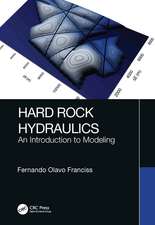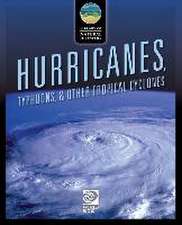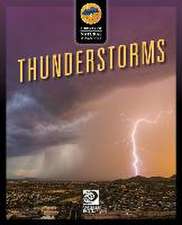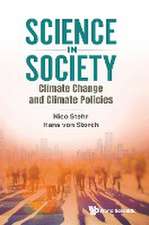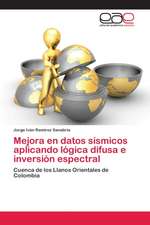Unstoppable Global Warming
Autor Fred S. Singer, Dennis T. Averyen Limba Engleză Hardback – 12 sep 2006
| Toate formatele și edițiile | Preț | Express |
|---|---|---|
| Paperback (1) | 143.98 lei 3-5 săpt. | |
| Rowman & Littlefield – 22 oct 2007 | 143.98 lei 3-5 săpt. | |
| Hardback (1) | 790.84 lei 6-8 săpt. | |
| Rowman & Littlefield – 12 sep 2006 | 790.84 lei 6-8 săpt. |
Preț: 790.84 lei
Preț vechi: 1083.34 lei
-27% Nou
Puncte Express: 1186
Preț estimativ în valută:
151.33€ • 158.40$ • 125.95£
151.33€ • 158.40$ • 125.95£
Carte tipărită la comandă
Livrare economică 31 martie-14 aprilie
Preluare comenzi: 021 569.72.76
Specificații
ISBN-13: 9780742551169
ISBN-10: 0742551164
Pagini: 260
Dimensiuni: 161 x 231 x 25 mm
Greutate: 0.54 kg
Editura: Rowman & Littlefield
ISBN-10: 0742551164
Pagini: 260
Dimensiuni: 161 x 231 x 25 mm
Greutate: 0.54 kg
Editura: Rowman & Littlefield
Notă biografică
Descriere
Singer and Avery present-in popular language supported by in-depth scientific evidence-the compelling concept that global temperatures have been rising mostly or entirely because of a natural cycle. Unstoppable Global Warming explains why we're warming, why it's not very dangerous, and why we can't stop it anyway.



